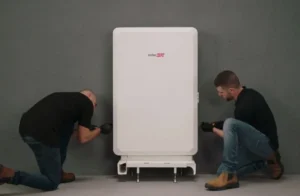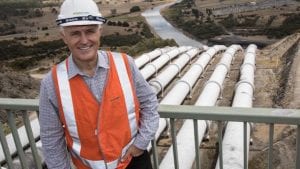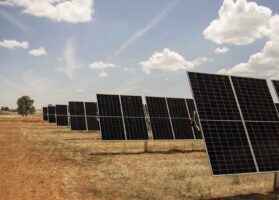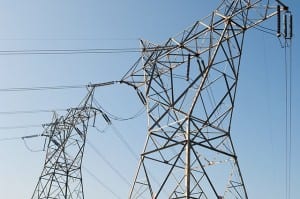Research that promises to halve the greenhouse gas emissions produced by steel-making using heat from concentrated solar power has won the 2019 AMP Amplify Ignite competition.
Swinburne University of Technology PhD candidate Suneeti Purohit took out the award for her initiative to make Australia’s massive steelmaking industry significantly less carbon intensive.
Australia is the world’s largest producer and exporter of iron ore, the basic ingredient in steel. However, for every tonne of steel made, twice the amount of carbon dioxide is produced.
And while the likes of steel magnate Sanjeev Gupta have promised to turn their plants “green” by sourcing electricity from renewables and pumped hydro, the need for suitable renewable heat sources remains.
“With my research, I am trying to lower carbon emissions by up to 50 per cent by following two novel approaches using concentrated heat from the sun to convert iron ore to molten iron” Suneeti said.
The first approach, which has been tested at the laboratory scale involves using concentrated solar heat to substitute nearly 50 per cent of fossil fuels responsible for process heat generation during ironmaking.
The second approach – which has generated two patents filed in Australia and the USA – explores an alternative agglomeration route of magnetite ore.
“We developed an alternative agglomeration process that involves forming lime-magnetite pellets that can directly be charged to iron making units without the need for oxidation,”Suneeti said.
“The great thing about this alternative agglomeration technology is that we are producing a desirable iron ore feed of magnetite at 300 to 400°C lower temperature than conventional iron ore agglomeration processes, which also makes this process suitable for solar application.”
“Currently, there is a strong push towards cleaner manufacturing technologies worldwide, Suneeti said. “My innovations have the potential to address these issues in an economical way.”
The AMP Ignite competition launched 10 years ago to support PhD researchers with game-changing ideas from across Australia.
This year, 16 finalists presented to hundreds of people from the business and academic community in November. The winning pitch was selected by a panel of judges representing Hallis Recruitment, PwC, Lakeba Group and AMP. The winner gets $10,000 to progress their research.







